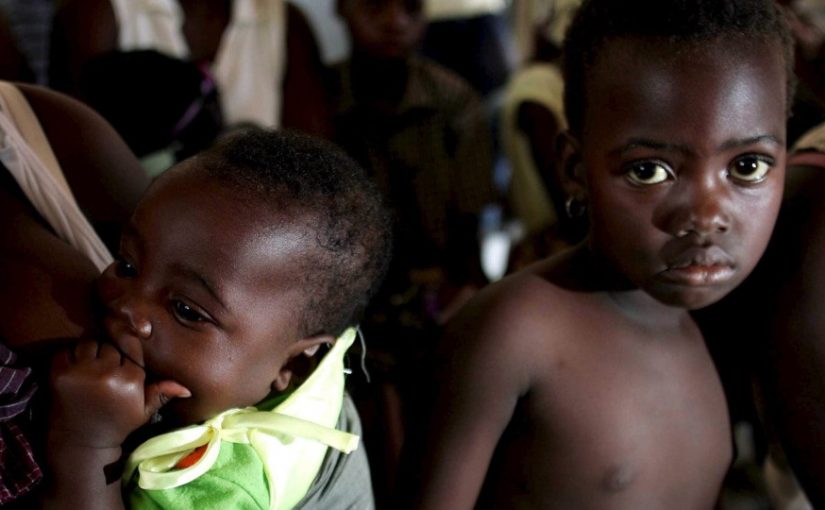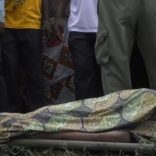Mozambique: Beira sees 10 femicides in five months - O País
Mozambique unprepared for mpox outbreak – Medical Association

FILE - For illustration purposes only. [File photo: Lusa]
The Mozambican Medical Association told Lusa on Wednesday that the country’s health system is not prepared for a possible mpox outbreak, pointing to community education and institutional capacity as the main challenges.
“There are a number of issues that need to be organised from the point of view of predicting transmission chains and how a possible outbreak can be contained. There is still no information for the communities. (…) Honestly speaking, we are not prepared,” spokesperson for the Mozambican Medical Association, Napoleão Viola, said in an interview with Lusa.
The World Health Organization (WHO) has declared the mpox outbreak in Africa a global public health emergency, with confirmed cases among children and adults in more than a dozen countries and a new strain in circulation, considered more dangerous than the one detected in 2022.
The WHO’s warning is related to the rapid spread and high mortality of a new mpox strain in Africa plus one in Sweden – a traveller who had been in a part of the African continent where the virus circulates.
This strain is different from the one that caused a violent outbreak in Africa in 2022 and hundreds of cases in Europe, North America and countries in other regions.
In Mozambique, the authorities have not registered any cases this year, but the head of state, Filipe Nyusi, warned on Monday that mpox could become “another challenge” to public health in the country, highlighting the reinforcement of surveillance measures and disease prevention actions by the Ministry of Health.
“This could be another challenge in the area of public health,” the head of state stressed during a public event in Pemba, the provincial capital of Cabo Delgado.
During the outbreak recorded in 2022, Mozambique registered only one case of the disease – in the province of Maputo, in the south of the country, according to data provided by the head of state himself.
For the Mozambican Medical Association, the country’s priority in the event of a possible outbreak with the new strain should be educating communities and strengthening institutional capacity.
“Essentially, these are the two fundamental pillars: preparing communities and, second, the priority should be to strengthen the capacity of our health units because, unfortunately, our health units are not prepared,” he stressed.
Speaking to the international press in Geneva, the WHO on Tuesday conveyed a message of reassurance regarding the outbreak of mpox in Africa and a case detected in Europe, attempting to contain alarmist information and rumours about the mode of transmission.
“Mpox is not Covid (…). Based on what we know, mpox is transmitted mainly through contact with skin that has lesions of the disease, including during sexual intercourse,” said the director of WHO Europe, Hans Kluge.
In light of the information about the alleged transmission of this new strain of the disease, the WHO official admitted that the mode of transmission of the new variant is not entirely clear and that more research is needed.
This is the second time in two years that the infectious disease has been considered a potential threat to international health, with the first alert having been raised in May, after the spread had been contained and the situation was considered under control.













Leave a Reply
Be the First to Comment!
You must be logged in to post a comment.
You must be logged in to post a comment.